Are you interested in the intersection of art and craftsmanship? These are the applied art museums you should visit in Spain:
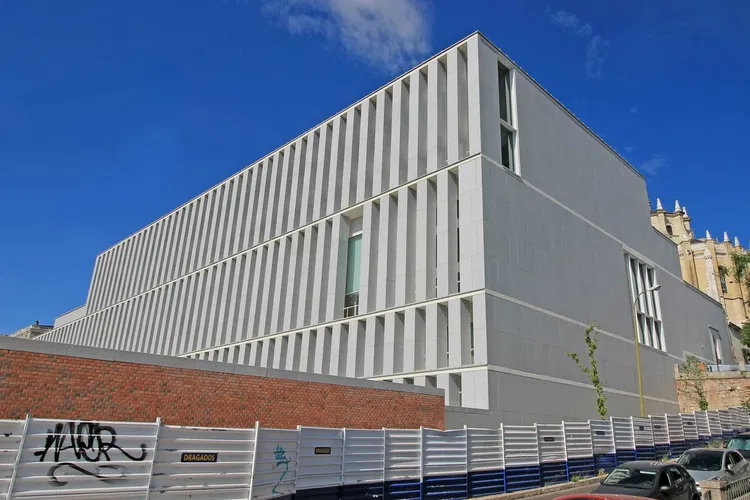
Royal Collections Gallery Madrid
MadridThe Royal Collections Gallery, which was originally known as the Royal Collections Museum, is an art museum situated in Madrid. It is managed by the Spanish state agency Patrimonio Nacional and is located in a new building above the gardens of the Campo del Moro park, adjacent to the Almudena Cathedral and the Royal Palace.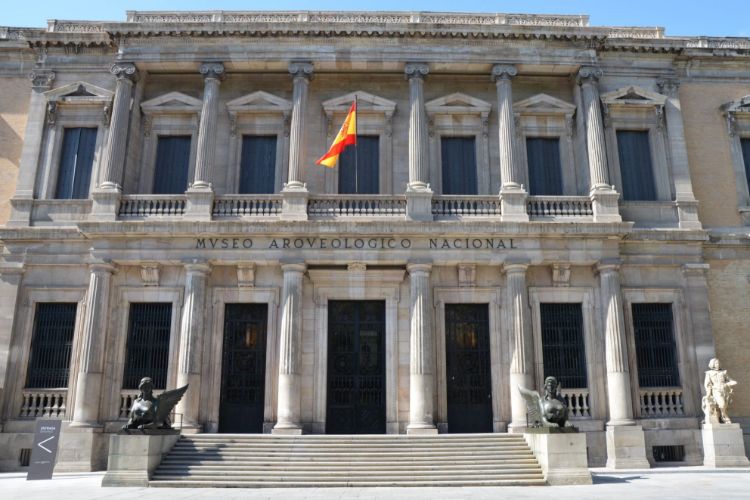
National Archaeological Museum Madrid
MadridThe National Archaeological Museum Madrid (Museo Arqueológico Nacional) is a museum in Madrid with numismatic, archaeological and ethnographical finds. Visitors can discover four floors of historical artifacts from different periods, from Prehistory and Protohistory, to the Middle Ages and the moder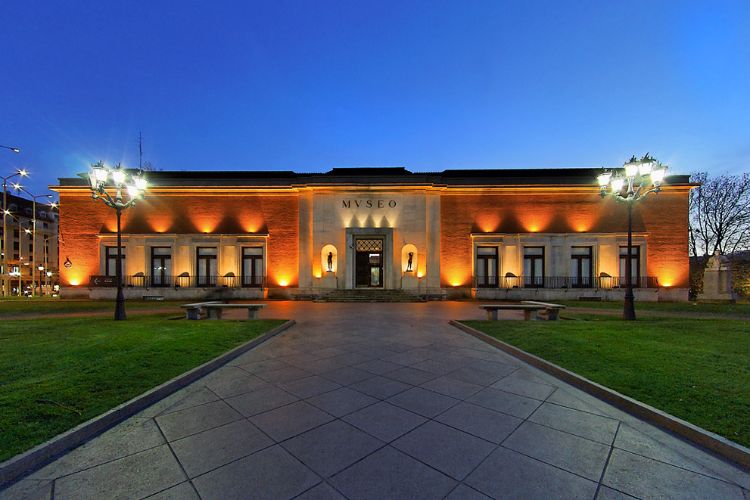
Bilbao Fine Arts Museum
BilbaoThe Bilbao Fine Arts Museum is an art museum in Bilbao, located inside the Doña Casilda Iturrizar park. It is one of the richest Spanish museums outside Madrid, with its extensive collection of Basque, Spanish and European art from the Middle Ages to contemporary. The Bilbao Fine Arts Museum holds w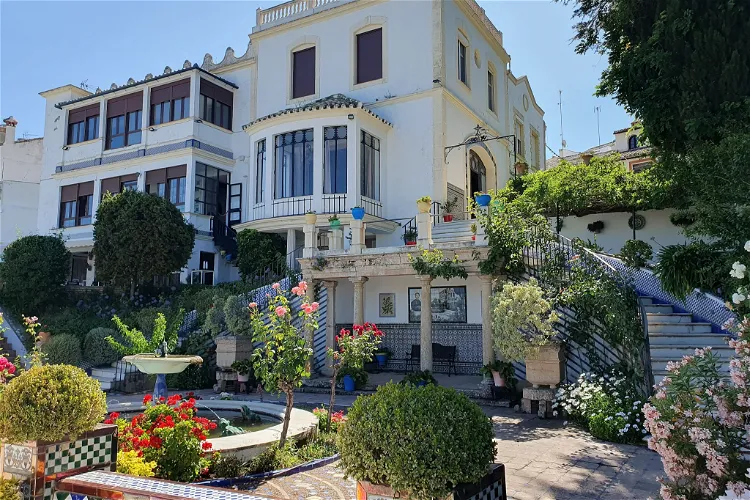
Don Bosco House Museum
RondaThe Don Bosco House Museum is a historic mansion situated in the heart of Ronda, Málaga. The interior of the house has been preserved in its original modernist style from the early 20th century, offering visitors a glimpse into the past.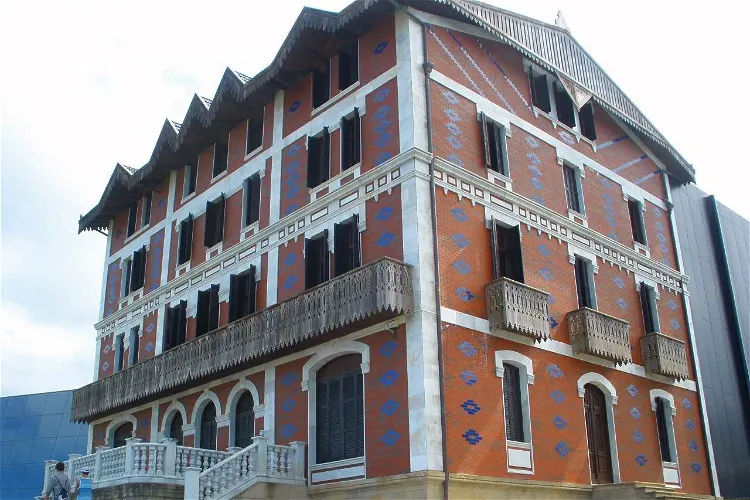
Cristóbal Balenciaga Museum
GuetariaNewly opened museum dedicated to the icon of European fashion Cristóbal Balenciaga displays more than 1200 of his creations.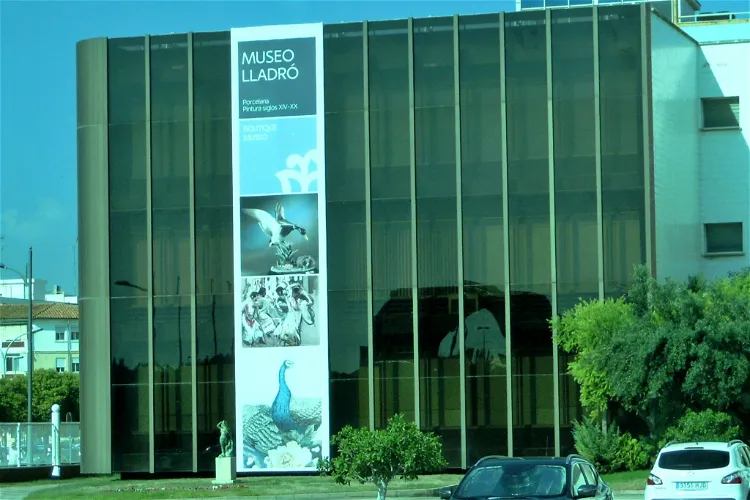
Lladró Museum
Tabernes BlanquesThe Lladró Museum, located in the town of Tabernes Blanques in Valencia, Spain, is a private institution owned by the renowned decorative porcelain firm, Lladró. This museum is a significant destination for those interested in the art of porcelain making and the history of the Lladró brand.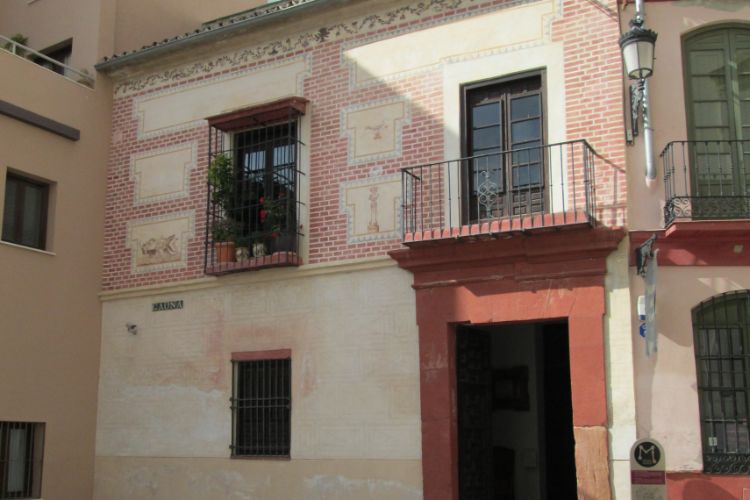
Museo del Vidrio y Cristal de Málaga
MálagaMuseo del Vidrio y Cristal de Málaga (The Glass and Crystal Museum) is a museum of decorative arts in Malaga. The museum is housed in an eighteenth-century building known as Posada de San Felipe Neri that, after its restoration, features some 900 m² of exhibition space. Museo del Vidrio y Cristal de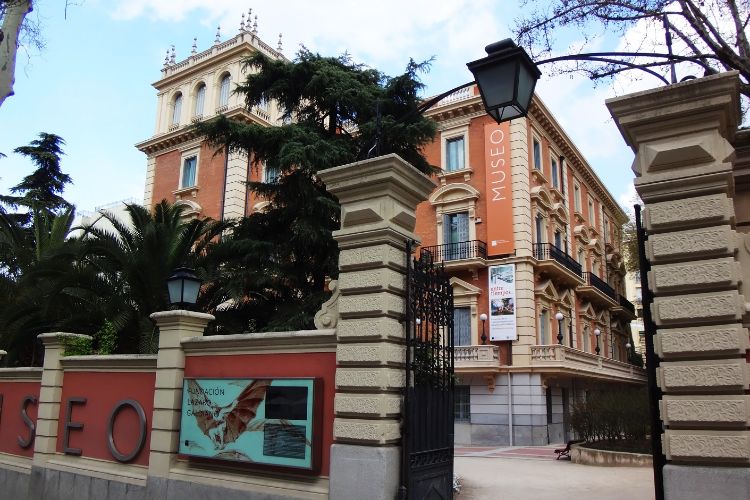
Museo Lázaro Galdiano
MadridThe Museo Lázaro Galdiano in Madrid features José Lázaro Galdiano´s collection of art from wide range of periods. It contains important collections of valuable works from the prehistoric period to the nineteenth century, with a focus on Iberian work, including paintings by great painters, such as Bo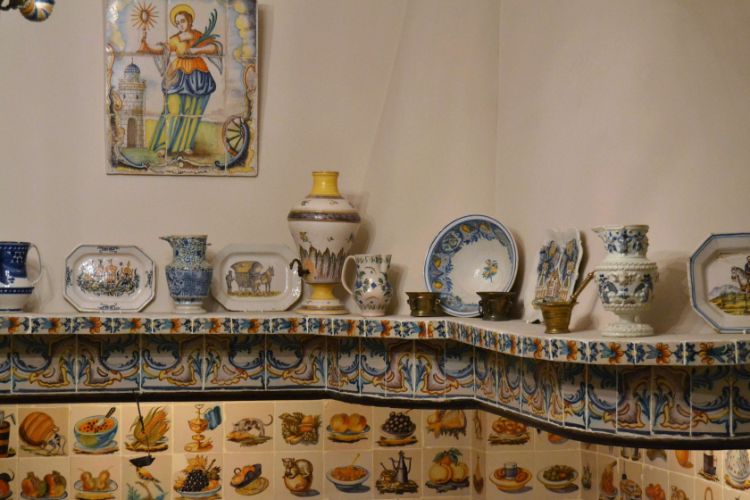
National Museum of Ceramics and Decorative Arts González Martí
ValenciaNational Museum of Ceramics and Decorative Arts González Martí (Museo Nacional de Cerámica y de las Artes Suntuarias González Martí) is an art museum in Valencia that is housed in the 18th century Palace of the Marqués de Dos Aguas, a fine example of Rococo architecture. It is a national museum of c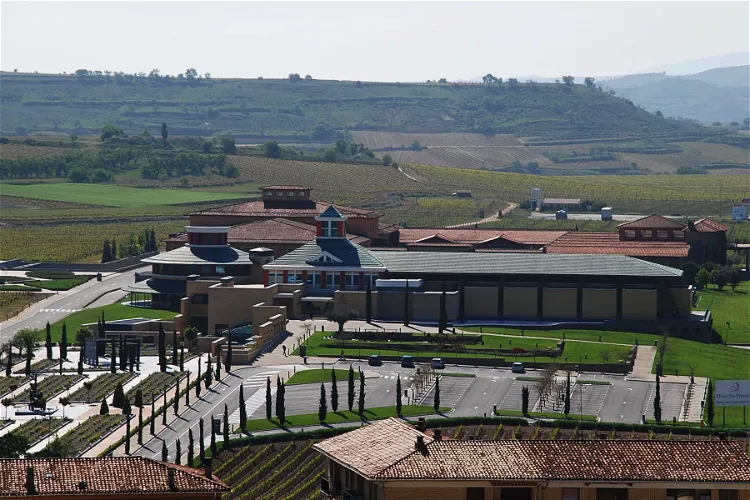
Winery - Vivanco Museum of Wine Culture
BrionesThe Vivanco Museum of Wine Culture is a unique institution situated within the Vivanco wineries in the Spanish municipality of Briones. The museum is a part of the Vivanco Foundation, a renowned organization dedicated to promoting wine culture and education.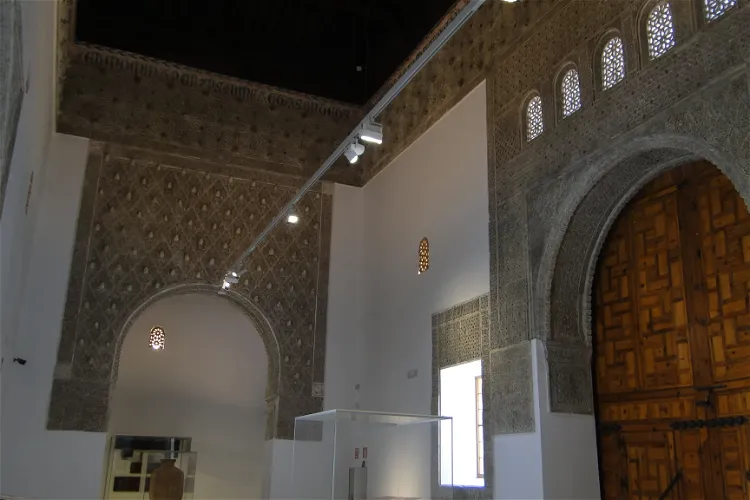
Taller del Moro Museum
ToledoEl Taller del Moro, located in the historic heart of Toledo, is a museum housed in a medieval building. This Mudejar-style structure is a testament to the city's rich history and cultural heritage. Visitors can explore the museum to gain insights into the city's past and appreciate the architectural beauty of the building.
Museo Fallero de Valencia
ValenciaMuseo Fallero de Valencia is a museum in the Spanish city of Valencia that is dedicated to the city's unique and internationally known festival. The collection of the museum consists of the best figurines made over the years. Each year, the best falla (figurine) is saved from the fire and put into t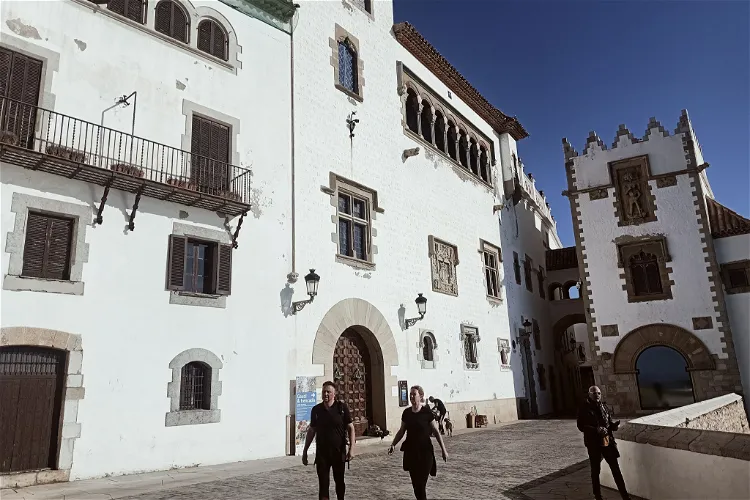
Cau Ferrat Museum
SitgesThe Cau Ferrat Museum, located in the picturesque town of Sitges in Catalonia, is a place of historical and artistic significance. Originally, it served as the home and workshop of the renowned artist and writer Santiago Rusiñol. This unique setting offers visitors a glimpse into the life and work of this influential figure in Catalan modernism.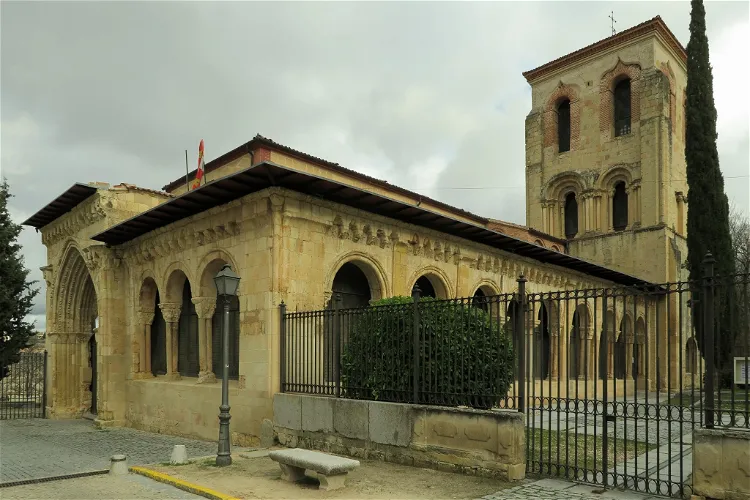
Zuloaga Museum
SegoviaThe Zuloaga Museum is a cultural institution managed by the Community of Castilla y León. It is located in the Plaza de Colmenares, a central location in the city. The museum is a part of the Spanish State's cultural heritage and is a significant site for those interested in Spanish history and culture.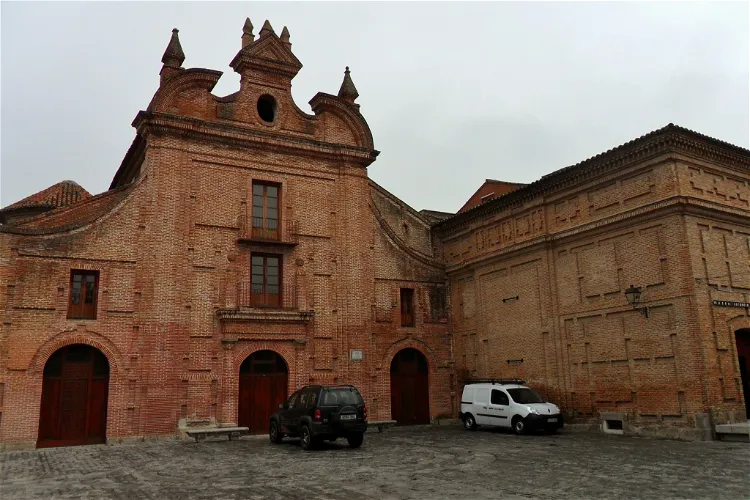
Ruiz de Luna Ceramic Museum
Talavera de la ReinaThe Ruiz de Luna Ceramic Museum is situated in the city of Talavera de la Reina, in the province of Toledo, Spain. This museum is a significant cultural landmark in the region, offering visitors a unique insight into the rich history and tradition of ceramics in the area.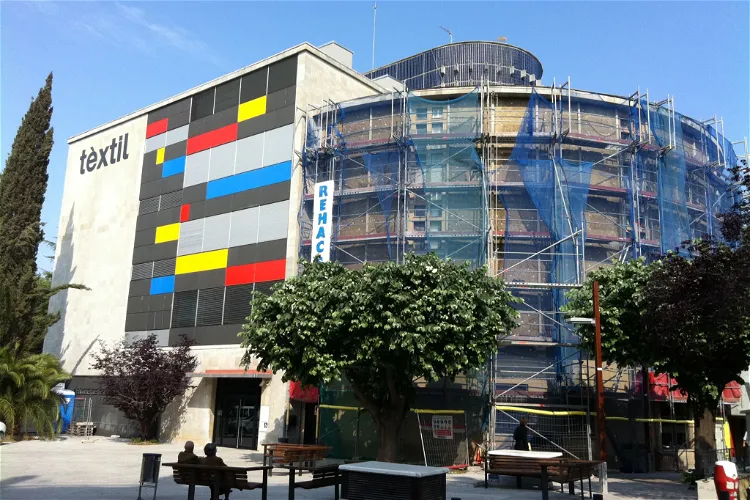
Textile Museum and Documentation Centre
TerrassaThe Textile Museum and Documentation Centre is situated in the city of Terrassa, known for its rich textile tradition. The museum is located on Salmerón Street, number 25, adjacent to the Vallparadís Carthusian castle. This location offers visitors the opportunity to explore both the museum and the historical castle during their visit.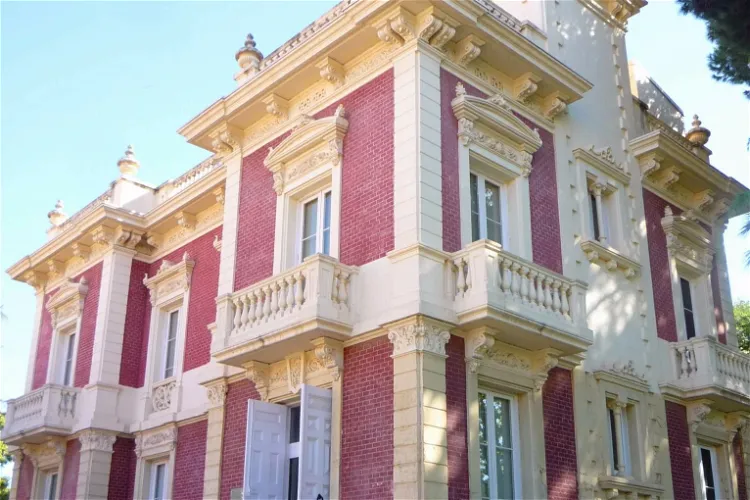
Can Tinturé Museum
Esplugues de LlobregatThe Can Tinturé Museum, situated in Esplugues de Llobregat, is a unique cultural destination as it is Spain's first monographic sample tile museum. The museum is housed in a late 19th-century house, which was designed by the renowned architect Claudi Duran i Ventosa. This historical setting adds to the overall charm and appeal of the museum, making it a noteworthy stop for those interested in architecture and art.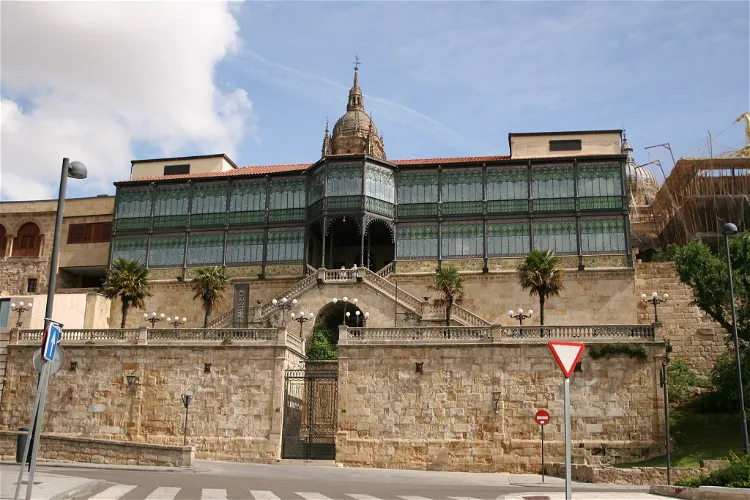
Museum of Art Nouveau and Art Deco
Ciudad RodrigoThe Museum of Art Nouveau and Art Deco, situated in Casa Lis in Salamanca, is a unique destination for art enthusiasts. It houses a collection of furniture and objects that are representative of the decorative arts. The museum was inaugurated in the spring of 1995 with funds from a donation made by collector Manuel Ramos Andrade to the city. The collection includes pieces that Ramos Andrade had reserved throughout his travels across Europe, which are not only well-preserved but are also authentic works of art.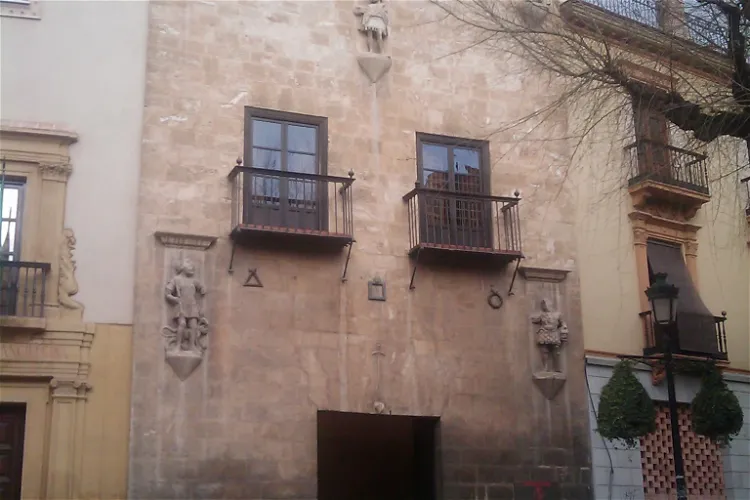
Museo Casa de Los Tiros de Granada
GranadaLa Casa de los Tiros is a museum and building situated in the Realejo neighborhood of the Spanish city of Granada, in the autonomous community of Andalusia. The museum is located on Pavaneras street, making it easily accessible for tourists visiting the city.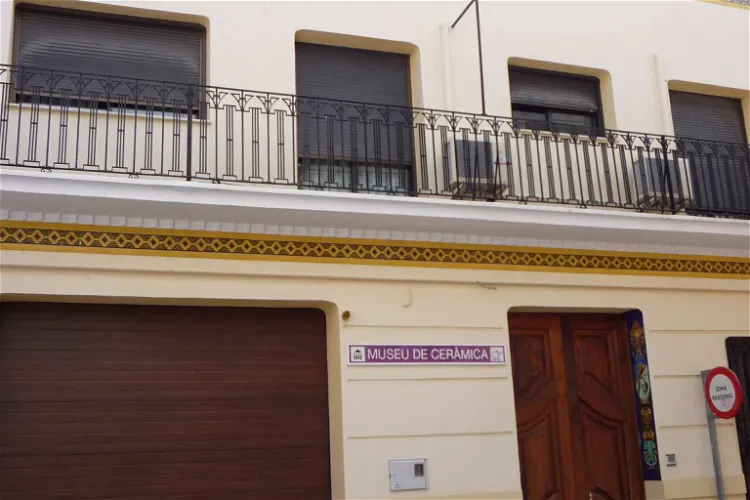
Ceramic Museum of Manises
ManisesThe Ceramic Museum of Manises (MCM) is a public ethnological museum that is owned by the Manises City Council. The museum primarily focuses on ceramics from Manises, specifically those from the 14th to the 20th centuries. Additionally, the museum also showcases contemporary creative ceramics, which are obtained from the winners of the National Ceramic Competition of Manises.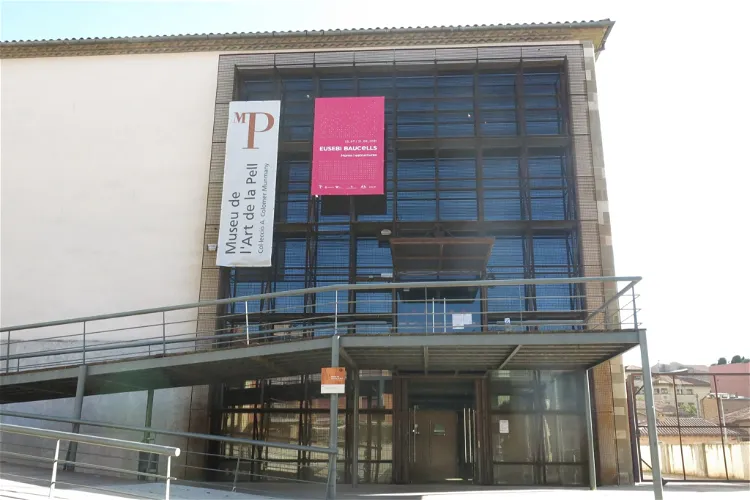
Museum of Leather Artistry. A. Colomer Munmany Collection
FolguerolesThe Museum of Leather Artistry, located in Vich, Barcelona, Spain, is home to the collection of Andreu Colomer Munmany. Over a span of fifty years, Munmany has amassed a collection of a thousand pieces, all of which are made entirely or partially from leather. This unique collection showcases the versatility and artistic potential of leather as a material.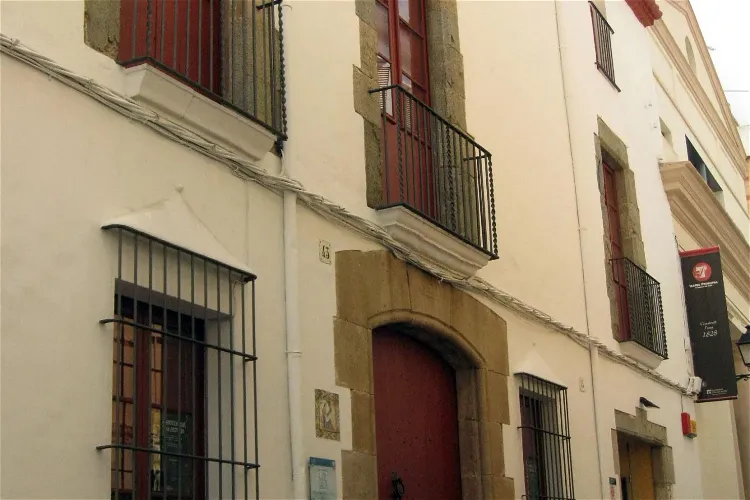
Arenys de Mar Museum
Arenys de MarThe Arenys de Mar Museum is a unique institution that houses two distinct sections: the Marès Lace Museum and the Mollfulleda Mineralogy Museum. In addition to these, it also preserves and exhibits the collection of the old Fidel Fita Municipal Museum of Arenys de Mar. This diverse range of collections offers visitors a comprehensive insight into the rich cultural and natural history of the region.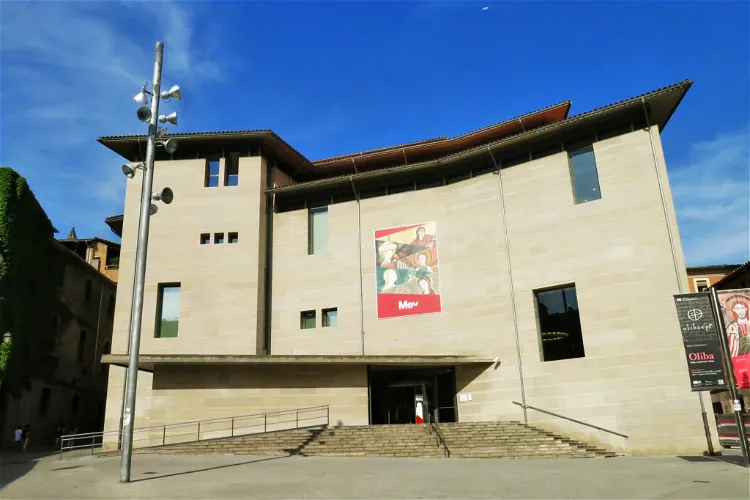
Episcopal Museum of Vic
FolguerolesIn 1995, under the architectural direction of Alfons Milà and Frederic Correa, the old school of Sant Josep, located next to the cathedral, was rebuilt to house the museum's large collections. This move was necessitated by the significant increase in the museum's collections. The new building was designed to accommodate the vast array of artifacts and works of art that the museum had acquired over the years.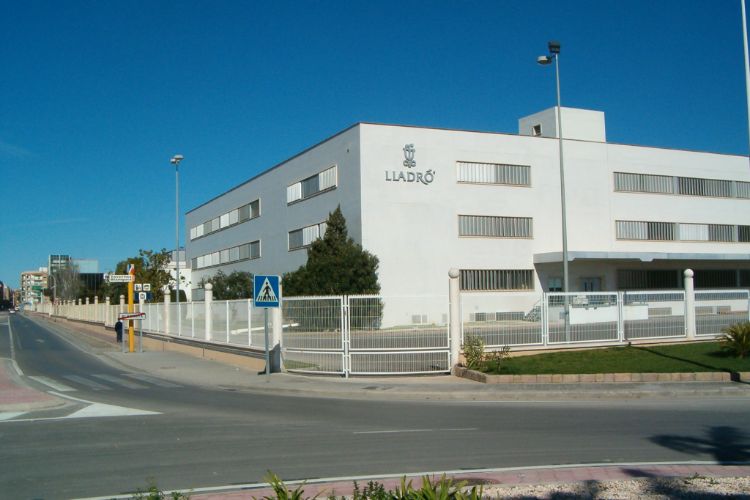
The Lladró Museum
ValenciaThe Lladró Museum is the private center that belongs to the well-known decorative porcelain firm Lladró. The museum has two permanent exhibits, the Historic Porcelain Museum and the Painting Collection. The Lladró Historical porcelain collection consists of pieces that are already removed from the c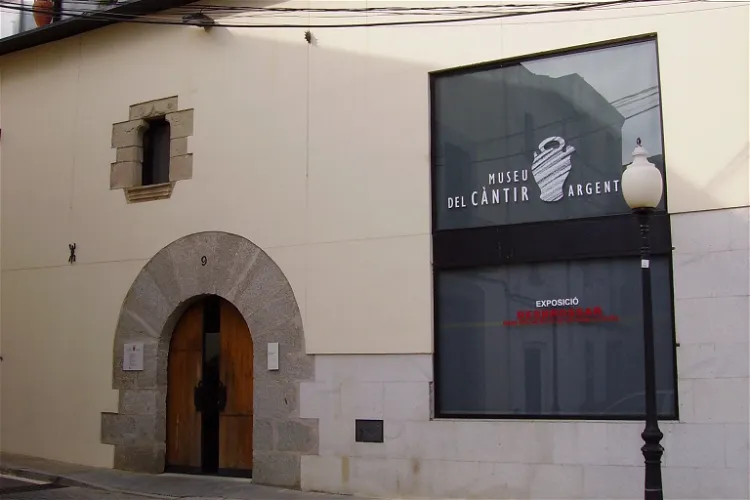
Argentona Water Jug Museum
ArgentonaThe origins of the Argentona Water Jug Museum are closely tied to the Fiesta del Botijo, a festival that has been celebrated on August 4th since 1951. This festival revived a tradition dating back to the 17th century, when the people voted to honor Saint Dominic, the patron saint of waters, for protecting them from a severe plague epidemic. The festival and the museum were both promoted by Jaume Clavell i Nogueras and a group of citizens grouped under the name of Amics d'Argentona.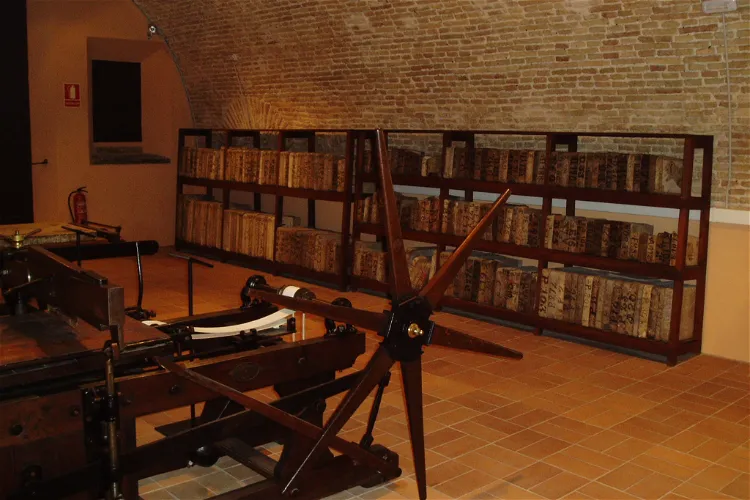
Lithographic Workshop Museum
CádizThe Lithographic Workshop Museum in Cádiz is a unique destination in Spain, being one of the few museums in the country dedicated to the art and history of lithography. This makes it a special place for those interested in this specific form of printmaking and its development in Spain.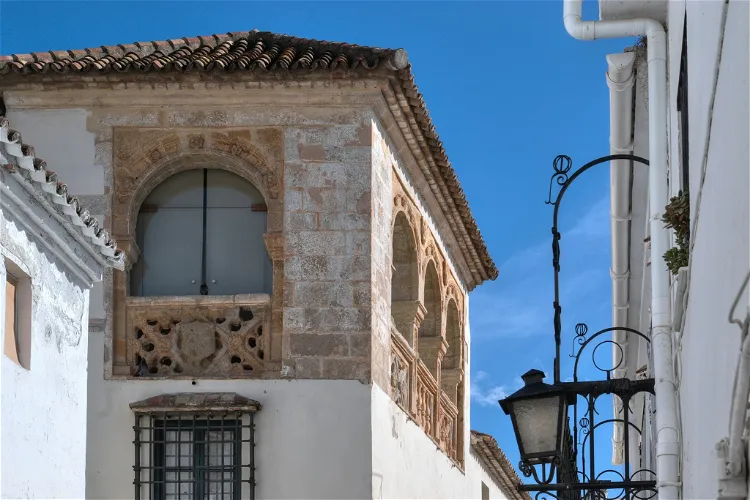
Museum of Spanish Contemporary Engravings
MarbellaThe Museum of Spanish Contemporary Engravings is a municipal property situated in the beautiful city of Marbella, Spain. This location offers visitors the opportunity to explore the rich history and culture of Spanish contemporary art in a city known for its stunning coastal views and vibrant lifestyle.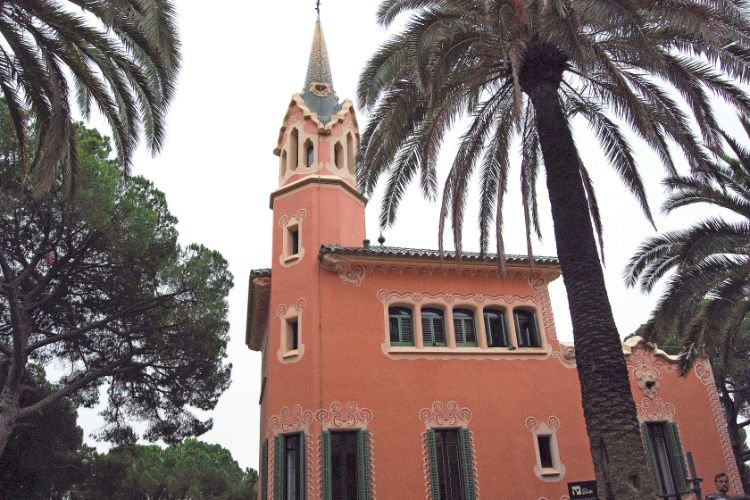
Gaudi House Museum
BarcelonaThe former residence of the architect Antoni Gaudí now serves as a museum. The museum is devoted to his work and is an eyecatcher for the Park Güell. It was designed by his friend Francesc d’Assís Berenguer i Mestres. Antoni Gaudí i Cornet lived in this house from 1906 to 1925. Some rooms are still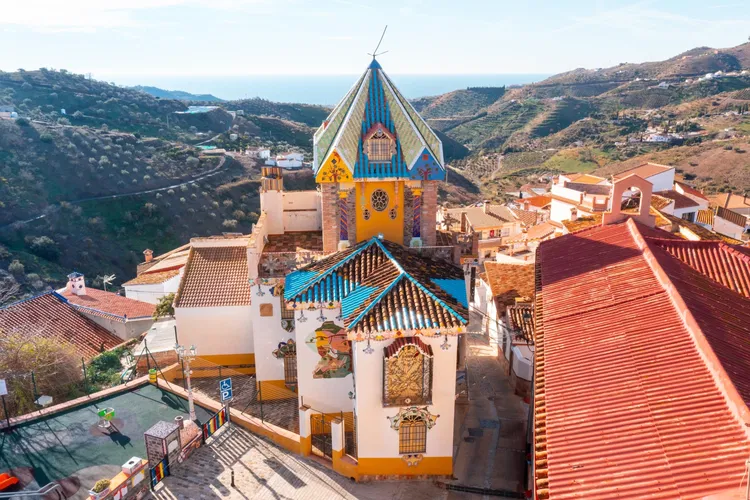
Axarquia House Museum
MoclinejoThe house is a real gem! With a modernist design, the "Axarquía House Museum" houses an extensive ethnographic collection. It is a unique and striking five story building constructed mainly from demolition materials from other old houses that fell in disrepair, and with a colorful roof toppe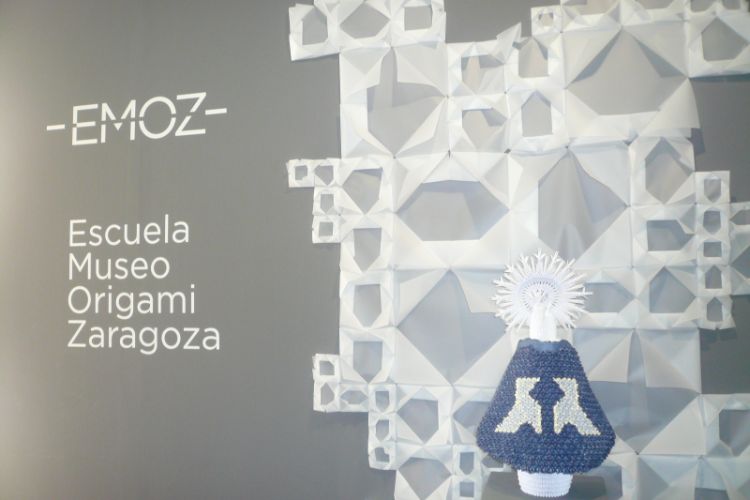
EMOZ (Educational Museum Origami Zaragoza)
ZaragozaFirst and unique Origami Museum in Europe, where you can see the history of origami, the different techniques and an exhibition that is renewed every 3 months. Workshops on origami are held every weekend.
Museu del Modernisme Barcelona
BarcelonaHoused in a former textile factory, Museu del Modernisme Català displays collections of paintings, sculptures and decorative arts created by modernista artists - such as Ramón Casas, Antoni Gaudí orJoaquim Miró. Housing over 350 works by 42 artists, the museum is the only museum dedicated solely to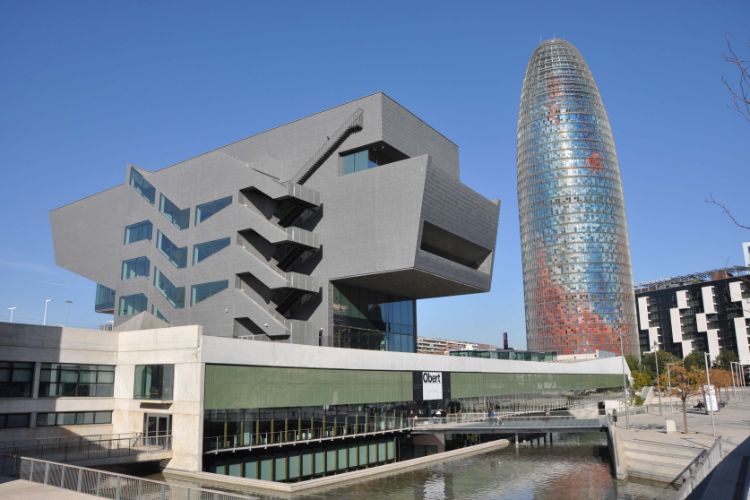
Design Museum of Barcelona
BarcelonaThe Design Museum of Barcelona is a cultural center comprises of three museums that were formerly housed in the Pedralbes Royal Palace: the Decorative Arts Museum, the Textile and Clothing Museum and the Graphic Arts Cabinet. The fashion collections trace the history of fashion from the 7th century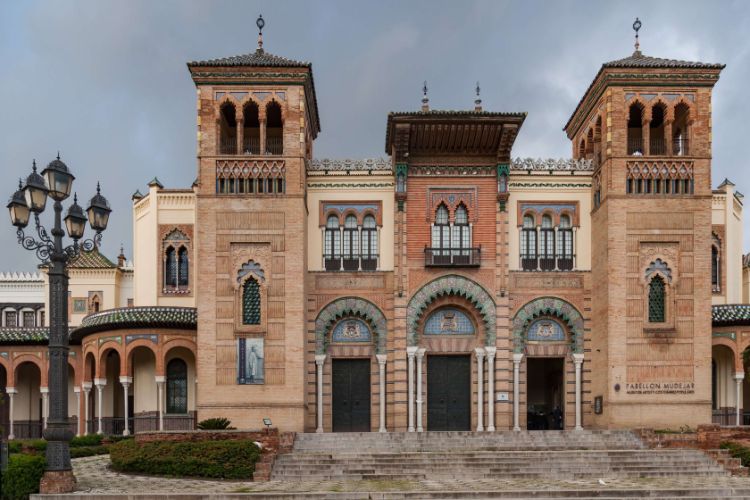
Museum of Popular Arts And Traditions
SevilleThe Museum of Popular Arts And Traditions is a museum in Seville that is housed in a Mudejar building in the quaint Maria Luisa Park. The museum displays collections of Oriental porcelain and ivory and celebrates traditional crafts. The collection the museum holds consist mainly of items of clothing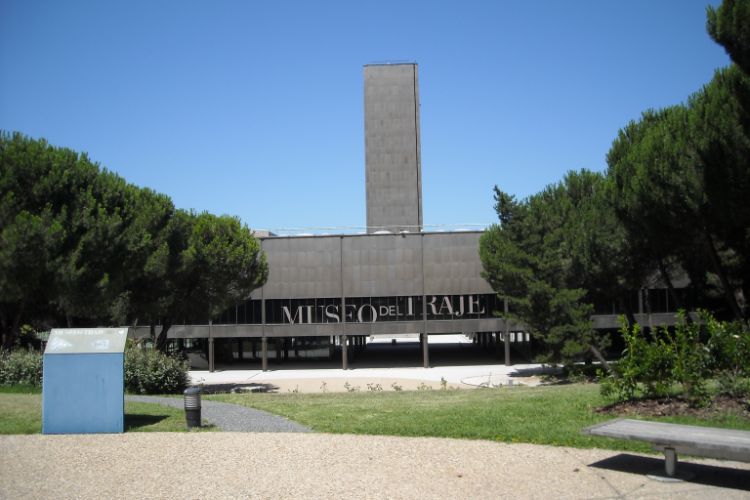
Museum of Costume
MadridThe Museum of Costume (Museo del Traje) in Madrid is a museum where you can see collections of costumes dating back to the Middle Ages as well as pieces created by contemporary fashion designers. The exhibitions try to display the evolution of dress and fashion industry in Spain. To enrich the knowl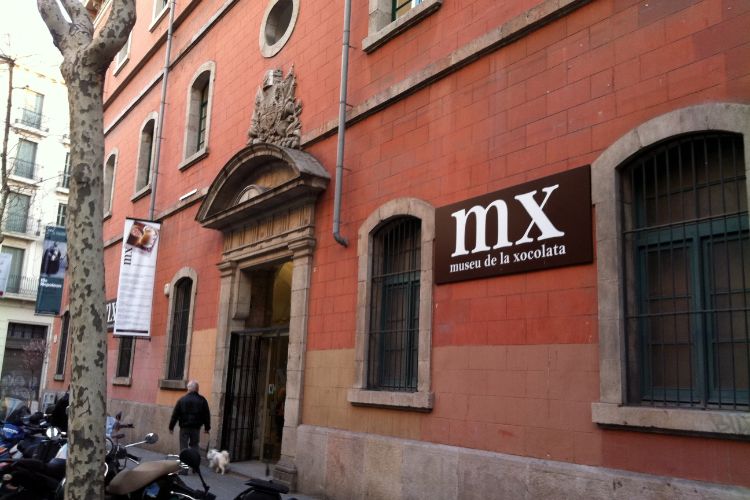
Museu de la Xocolata
BarcelonaIn Museu de la Xocolata you can admire chocolate sculptures as well as replicas of buildings. You will also learn about the history of chocolate and its importance for the ancient cultures of Latin America. Additionally, the museum shows the manufacturing of chocolate. Various events and workshops a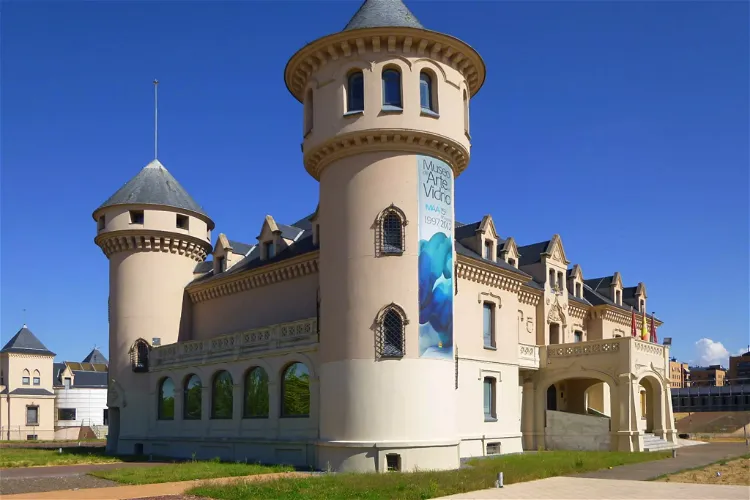
Museo de Arte en Vidrio de Alcorcón
AlcorcónLos Castillos is an urban park located in the San José de Valderas neighborhood of Alcorcón, a municipality in Madrid, Spain. Constructed in 1991, the park is recognized as the cultural hub of the neighborhood. It is home to the Castles of Valderas, the Museum of Glass Art in Alcorcón (MAVA), and the sculptural ensemble of Carlos Armiño, known as The Refuge of Life.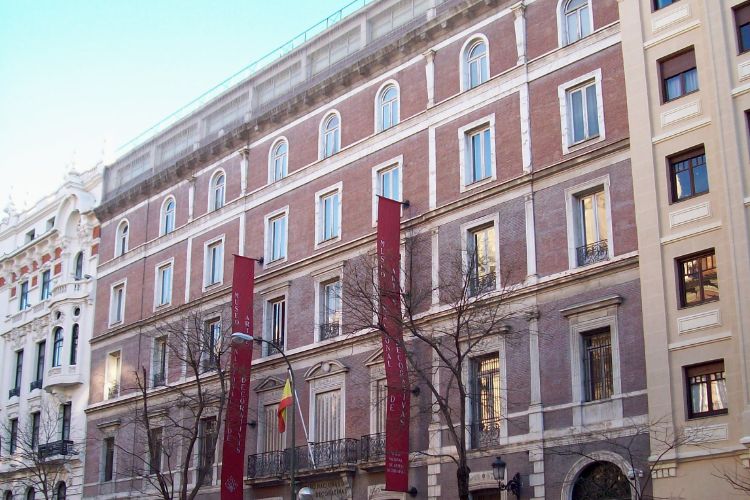
Museo Nacional de Artes Decorativas
MadridThe National Museum of Decorative Arts (Museo Nacional de Artes Decorativas) is a museum in Madrid that is one of the oldest museums in the city. The museum illustrates the evolution of industrial arts", including furniture, ceramics, glass, and textiles though its collections of mainly the 16th and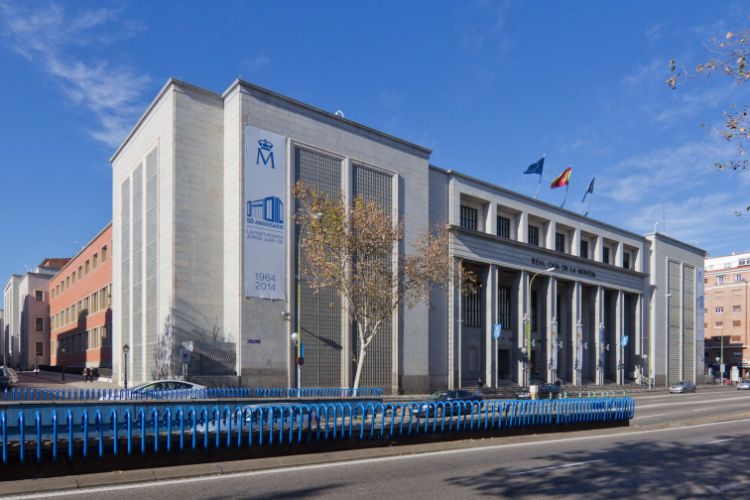
Museo Casa de la Moneda
MadridMuseo Casa de la Moneda (The Museum of the Royal Mint) is a museum in Madrid that holds and exhibits the collection of the Spanish Royal Mint. The numismatic collection starts from its origins, passing through Greece, Rome, Hispania, the Middle Ages, the Catholic Monarchs, the House of Austria and t
Museo de la Biblioteca Nacional
MadridThe Biblioteca Nacional de España is the National Library of Spain, located in Madrid. It is a major public library and the largest in Spain and even one of the largest in the world. The Museum of the National Library of Spain (Museo de la Biblioteca Nacional ), formerly the Museum of the Book, is r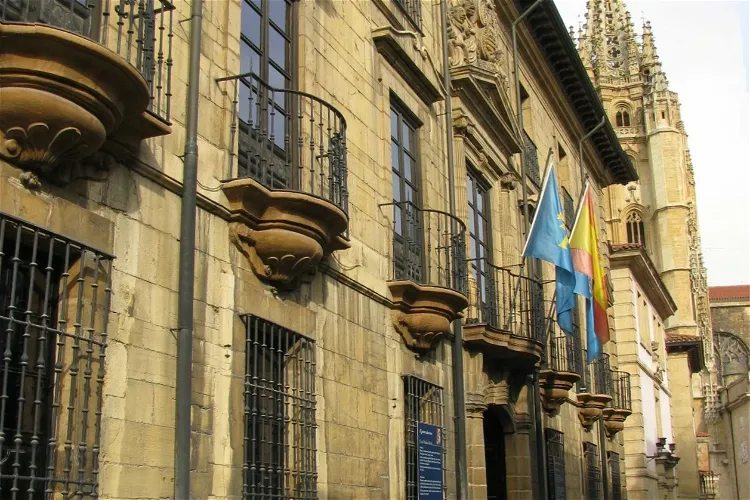
Museum of Fine Arts of Asturias
OviedoThe Museum of Fine Arts of Asturias, inaugurated on May 19, 1980, is home to a vast collection of works spanning from the Middle Ages to the Contemporary Age. This broad timeline allows visitors to experience a comprehensive journey through art history, from the 14th to the 21st Century.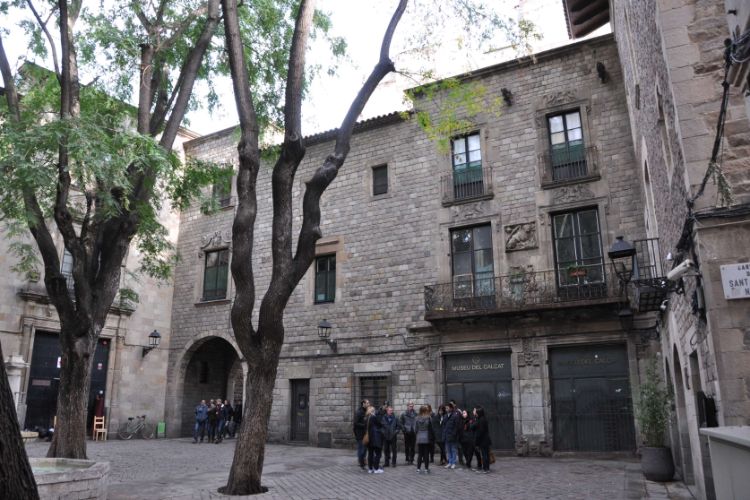
Centro Cerámica Triana
SevilleCentro Cerámica Triana (The Ceramic Center Triana) is a museum in Seville that is dedicated to preserve and promote the ceramic tradition of the city.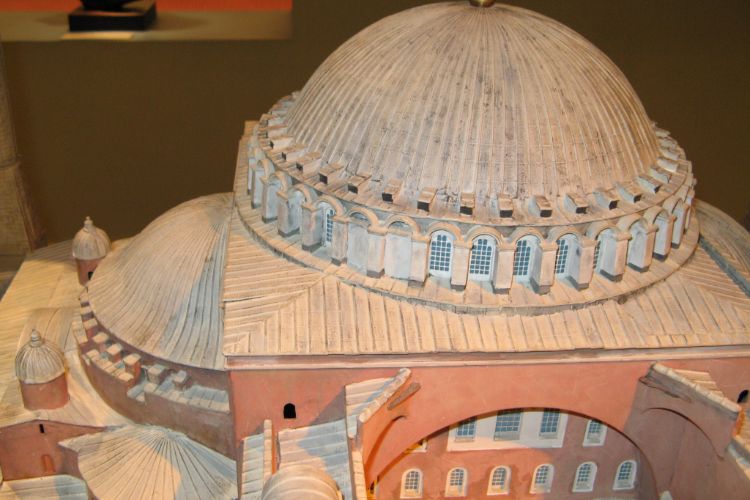
Museo Tiflológico
MadridMuseo Tiflológico is a musuem in Madrid that is housed in a building with an area of 1,500 square meters where visitors can see and touch the exhibited pieces. The collections that are exhibited in the museum are related to three clear lines of acquisition and research: the rooms dedicated to the mo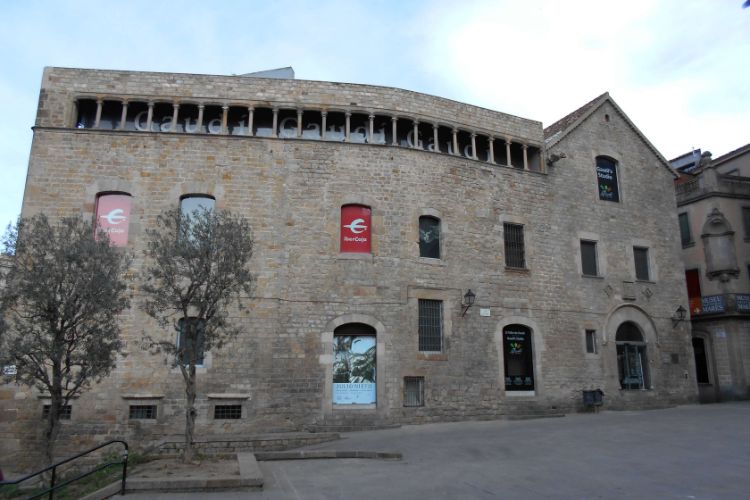
Museu Diocesà
BarcelonaMuseu Diocesà is housed in the Casa de la Pia Almoina and displays mostly artworks donated by various churches in Barcelona.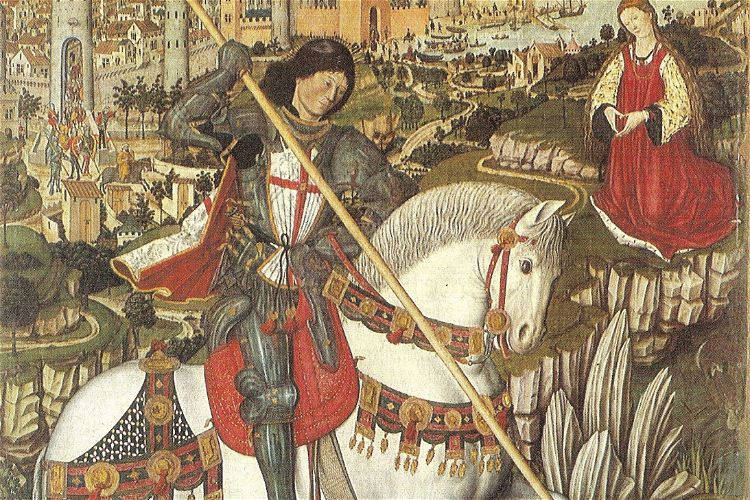
Museum of Sacred Art of Mallorca
PalmaMuseu Diocesà de Mallorca is a museum in Palma that is housed within the Episcopal Palace. The museum preserves over 200 religious artefacts that trace a path through the religious history of the island. The objects have been collected from monasteries, convents and churches and the collections incl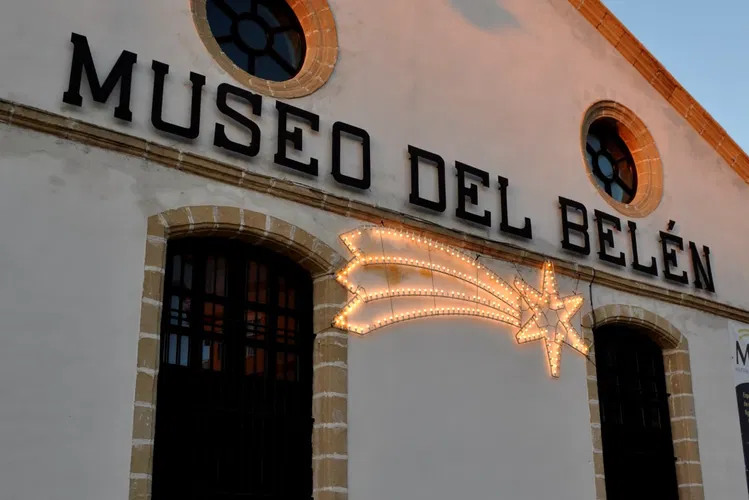
Muestra del Belén Xerez
Jerez de la FronteraCovering an area of 1,418 square meters, El Museo del Belén offers a wide variety of nativity scenes in different styles and formats. The museum's exhibits include a spectacular 240 square meter Hebrew-style nativity scene, popular Christmas dioramas, and an exhibition area for nativity scenes in various styles and formats. This variety showcases the creative diversity of this popular art form.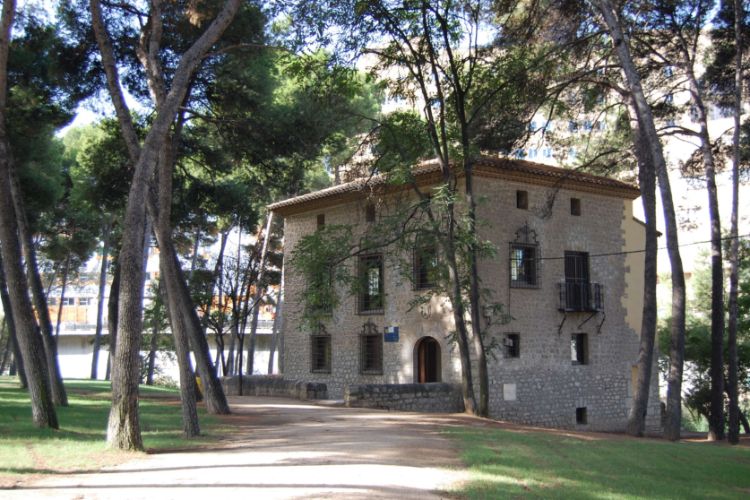
Museo de Zaragoza, sección de Cerámica
ZaragozaThe Ceramic Section of the Museum of Zaragoza (Museo de Zaragoza, sección de Cerámica) holds various samples of popular decorated Aragonese pottery. The museum is housed in Casa de Albarracín. The collection includes decorated pottery from Muel, Teruel, Villafeliche and objects from other centers of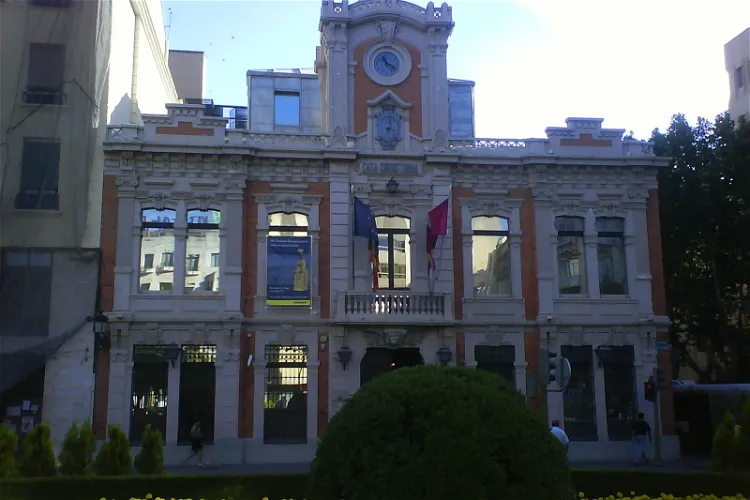
Municipal Museum of Albacete
AlbaceteThe Municipal Museum of Albacete is situated in the Altozano square, a central location in the Spanish city of Albacete. This location makes it easily accessible for tourists and locals alike. The museum is housed in the former city hall of Albacete, adding a historical touch to the museum's setting.
Royal Tapestry Factory
RascafríaSince 1889, the Royal Tapestry Factory has been located in the Pacífico neighborhood of Madrid. The building, which was constructed between 1889 and 1891, is a testament to the architectural style of the period. The factory continues to operate in this location today, maintaining the activity for which it was originally created.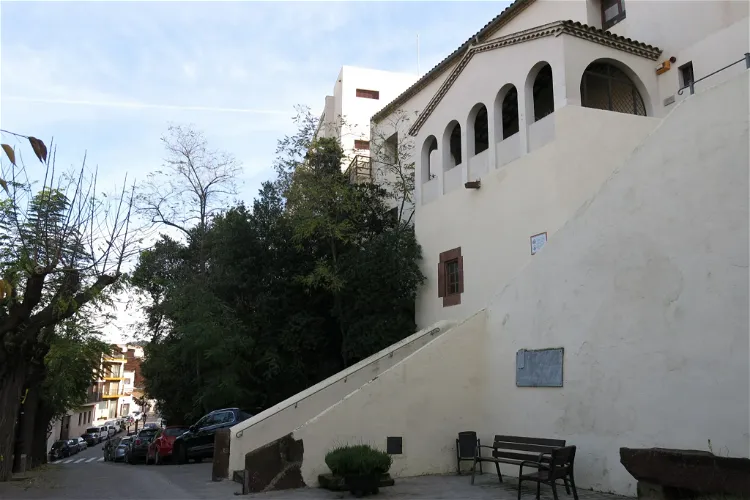
Vicenç Ros Municipal Museum
MartorellThe Vicenç Ros Municipal Museum, located in Martorell, is housed in part of the old Capuchin convent, a structure dating back to the 17th century. This historical setting adds a unique charm to the museum, making it a fascinating place to explore for those interested in history and architecture.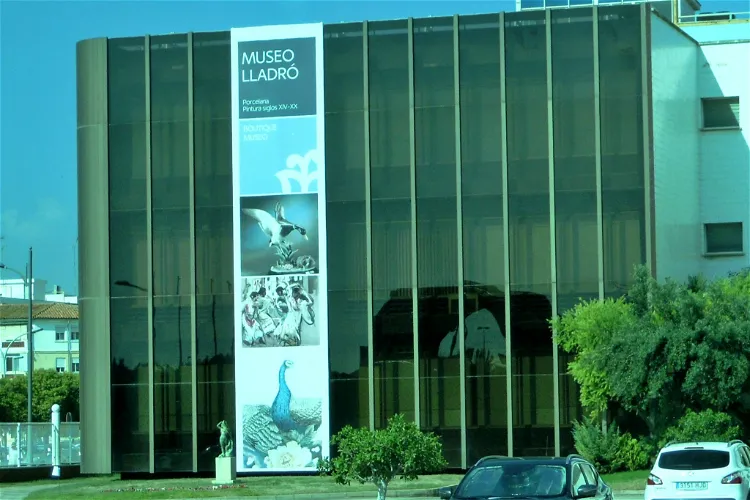
Lladró Museum
AlmáceraApart from showcasing the company's artistic collection, the Lladró Museum also provides an opportunity for visitors to tour the workshops of the City of Porcelain. Here, tourists can learn about the creation process of the porcelain pieces directly from the artisans who craft them.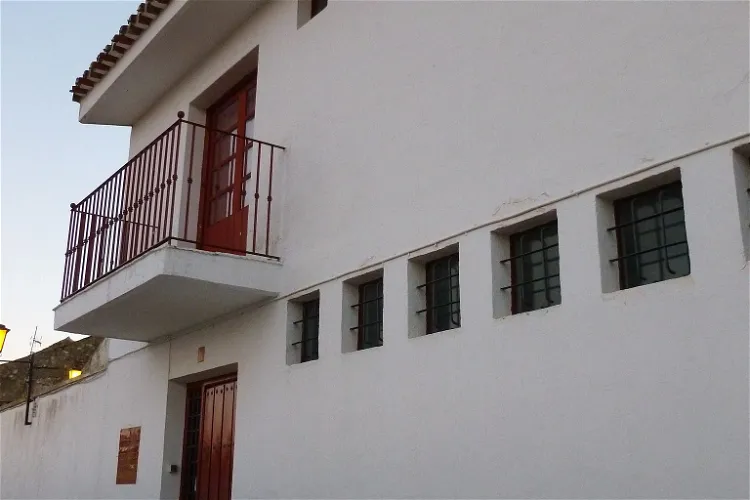
Museo de Cerámica Nacional
Chinchilla de Monte-AragónThe Museo de Cerámica Nacional de Chinchilla de Montearagón is a unique space dedicated entirely to the art of pottery and ceramics from all over Spain. It was established by the Belmonte-Useros couple, who traveled across Spain between 1973 and 1980, collecting pieces from active potteries during that period. This museum is a testament to the rich and diverse ceramic traditions of Spain, making it a fascinating destination for those interested in art, history, and culture.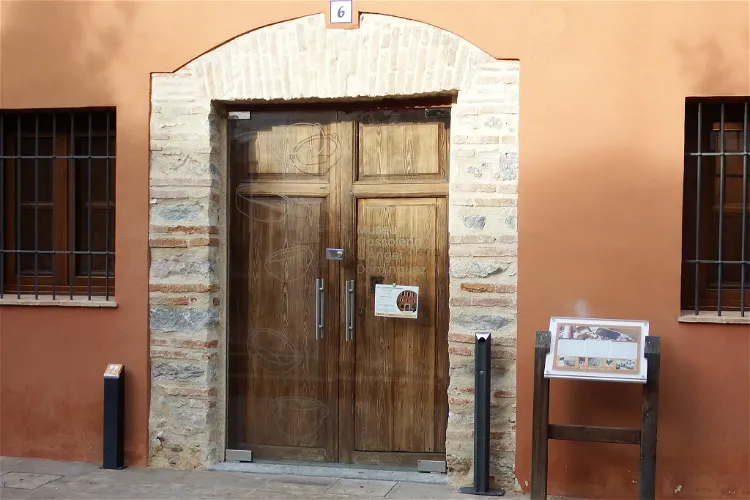
Museu Cassoleria d'Angel Dominguez
PotríesThe Museu Cassoleria d’Àngel Domínguez has also achieved the Q certification. This certification is granted by the Institute for Spanish Tourist Quality (ICTE), indicating that the museum meets high standards of quality in terms of services and facilities. This ensures a satisfactory visit for tourists.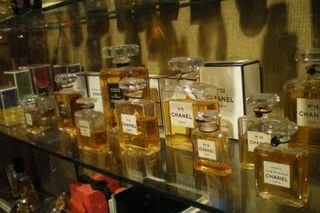
Museum of Perfume
BarcelonaThe Perfume Museum of Barcelona was founded in 1961 with the purpose of showing the public the evolution of bottles and containers for perfumes through history and geography.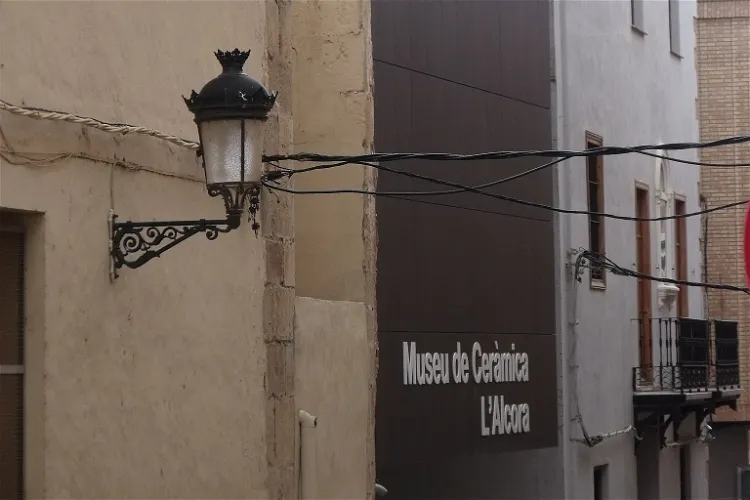
Ceramic Museum of l'Alcora
AlcoraThe Ceramic Museum of Alcora, or Museu de Ceràmica de l'Alcora as it is officially known, is a museum situated in the Spanish town of Alcora, which is part of the Valencian Community. This museum is a significant cultural landmark in the region, offering visitors a chance to explore the rich history and tradition of ceramics in the area.- 55
Microminiature Museum
GuadalestThe Microminiature Museum is a unique attraction situated in the municipality of Guadalest, in the Province of Alicante, Spain. This location offers a picturesque setting for the museum, adding to the overall experience of the visitors. The museum is easily accessible and provides a unique opportunity to explore the world of microminiatures in a beautiful Spanish town. - 56
Manolo Safont Tile Museum
OndaThe Manolo Safont Tile Museum is a significant cultural institution located in the town of Onda, in the Province of Castellón, Spain. The museum was inaugurated in 2004, replacing the former Ceramic Museum that had been in existence since 1968. It is a place where visitors can immerse themselves in the rich history and artistry of architectural ceramics.